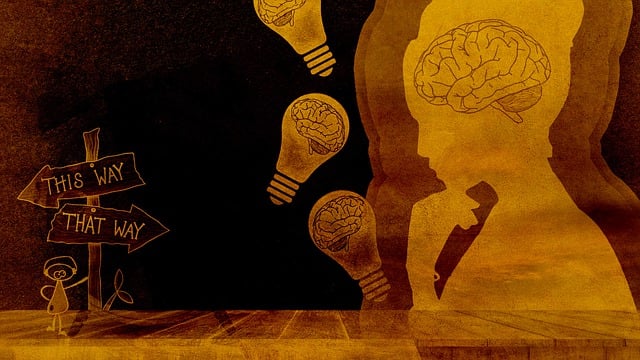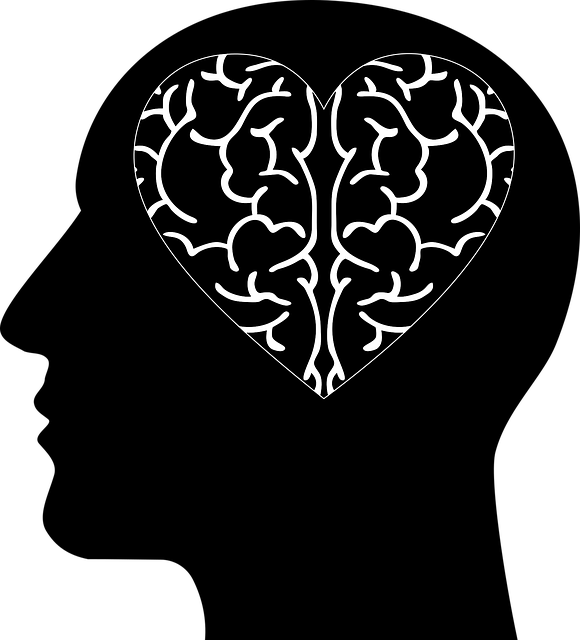Understanding Risk Assessment is key to safeguarding young adults' mental health, addressing academic pressures, social media influences, and identity formation struggles. Crisis counseling offers immediate support and safe spaces, promoting resilience through active listening, empathy, and non-judgmental attitudes. Cultural competency training ensures tailored, respectful care. Trauma Support Services integrate emotional well-being techniques for adaptive coping. A Comprehensive Harm Minimization Plan, developed through thorough risk assessments, includes crisis intervention plans, education, depression prevention, and stigma reduction. Ongoing monitoring, evaluation, client feedback, and data analysis ensure plan effectiveness. Encouraging self-care routines and public awareness campaigns destigmatize support-seeking, expanding care access for therapy in young adults' crisis counseling.
Risk assessment and harm minimization planning are crucial components of therapy for young adults, especially in crisis counseling settings. This comprehensive guide explores how counselors can identify potential threats and vulnerabilities among young adults through thorough risk assessment. We delve into effective strategies for developing and implementing harm minimization plans, emphasizing the importance of crisis counseling as a supportive framework. By understanding these processes, counselors can ensure safety and provide effective interventions tailored to young adults’ unique needs.
- Understanding Risk Assessment: Identifying Potential Threats and Vulnerabilities in Young Adults
- Crisis Counseling: A Supportive Framework for Harm Minimization
- Developing a Comprehensive Harm Minimization Plan: Strategies for Counselors
- Implementing and Monitoring the Plan: Ensuring Safety and Effective Intervention
Understanding Risk Assessment: Identifying Potential Threats and Vulnerabilities in Young Adults

Understanding Risk Assessment is a vital step in ensuring the well-being of young adults. It involves identifying and evaluating potential threats and vulnerabilities that could impact their mental health and overall emotional intelligence. In today’s fast-paced world, young adults often face unique challenges such as academic pressures, social media influences, and identity formation struggles, which can contribute to heightened stress levels and emotional vulnerability. Crisis counseling plays a crucial role here by helping individuals navigate these turbulent times and fostering resilience.
Through comprehensive risk assessment, mental wellness coaching programs can be tailored to address specific needs. This may include promoting emotional well-being promotion techniques, teaching coping strategies, and enhancing emotional intelligence—all of which are essential components of therapy for young adults. By proactively identifying at-risk individuals, professionals can intervene early, providing support that could prevent more severe mental health crises.
Crisis Counseling: A Supportive Framework for Harm Minimization

Crisis Counseling plays a pivotal role in supporting young adults and minimizing potential harm during times of crisis. This therapeutic approach is specifically tailored to address acute emotional distress, offering a safe space for individuals to express their feelings and gain coping strategies. The process involves active listening, empathy, and a non-judgmental attitude, fostering trust between the client and counselor. By providing immediate assistance, crisis counselors help young adults navigate difficult situations, promoting resilience and emotional well-being.
Incorporating Cultural Competency Training for healthcare providers is essential in effective crisis counseling. Understanding cultural nuances enables counselors to offer tailored support, respecting diverse beliefs and backgrounds. This training equips professionals with Emotional Well-being Promotion Techniques, allowing them to assist young adults in developing adaptive coping mechanisms while considering their unique circumstances. Trauma Support Services are another critical aspect, ensuring that individuals receive comprehensive care, especially those with a history of traumatic events.
Developing a Comprehensive Harm Minimization Plan: Strategies for Counselors

Developing a Comprehensive Harm Minimization Plan is an essential step for counselors working with young adults in crisis therapy. It involves creating a structured approach to anticipate and mitigate potential risks, ensuring the safety and well-being of clients. Counselors should engage in thorough risk assessment, considering various factors such as past trauma, substance abuse, suicidal ideation, or self-harming behaviors. By identifying these risks, professionals can tailor interventions that address specific needs.
Effective harm minimization strategies include developing crisis intervention plans, providing education on coping mechanisms and emotional healing processes, and integrating depression prevention techniques. Mental illness stigma reduction efforts should also be incorporated to foster an environment of acceptance and support. These comprehensive measures empower counselors to guide young adults towards healthier outcomes while facilitating their journey toward overcoming challenges related to mental health issues.
Implementing and Monitoring the Plan: Ensuring Safety and Effective Intervention

Implementing a harm minimization plan is only the first step; effective monitoring and continuous evaluation are crucial to ensure its success. This involves regular reviews to assess whether interventions are achieving the desired outcomes and making adjustments as needed. In the context of therapy for young adults facing crisis counseling, this could mean tracking client progress, gathering feedback, and analyzing data related to intervention effectiveness. For instance, a focus group with past clients can provide valuable insights into the coping skills development that occurred during their sessions.
By actively monitoring the plan’s implementation, counselors and support staff can identify potential gaps in services or areas where additional resources might be required. This proactive approach not only enhances safety measures but also fosters an environment conducive to better mental health. Encouraging clients to maintain self-care routine development can further reinforce positive behaviors, while public awareness campaigns development around these topics can help destigmatize seeking support and expand access to care.
Risk assessment and harm minimization planning are essential components of counseling for young adults. By understanding potential threats and vulnerabilities, counselors can provide effective crisis counseling that supports harm minimization. Developing a comprehensive plan tailored to each individual’s needs, implementing it with care, and continually monitoring its effectiveness ensures the safety and well-being of young adults facing challenging situations. Integrating strategies from therapy for young adults crisis counseling enhances these processes, ultimately fostering resilient outcomes.














